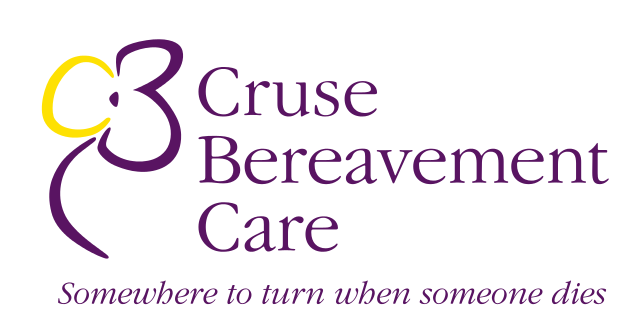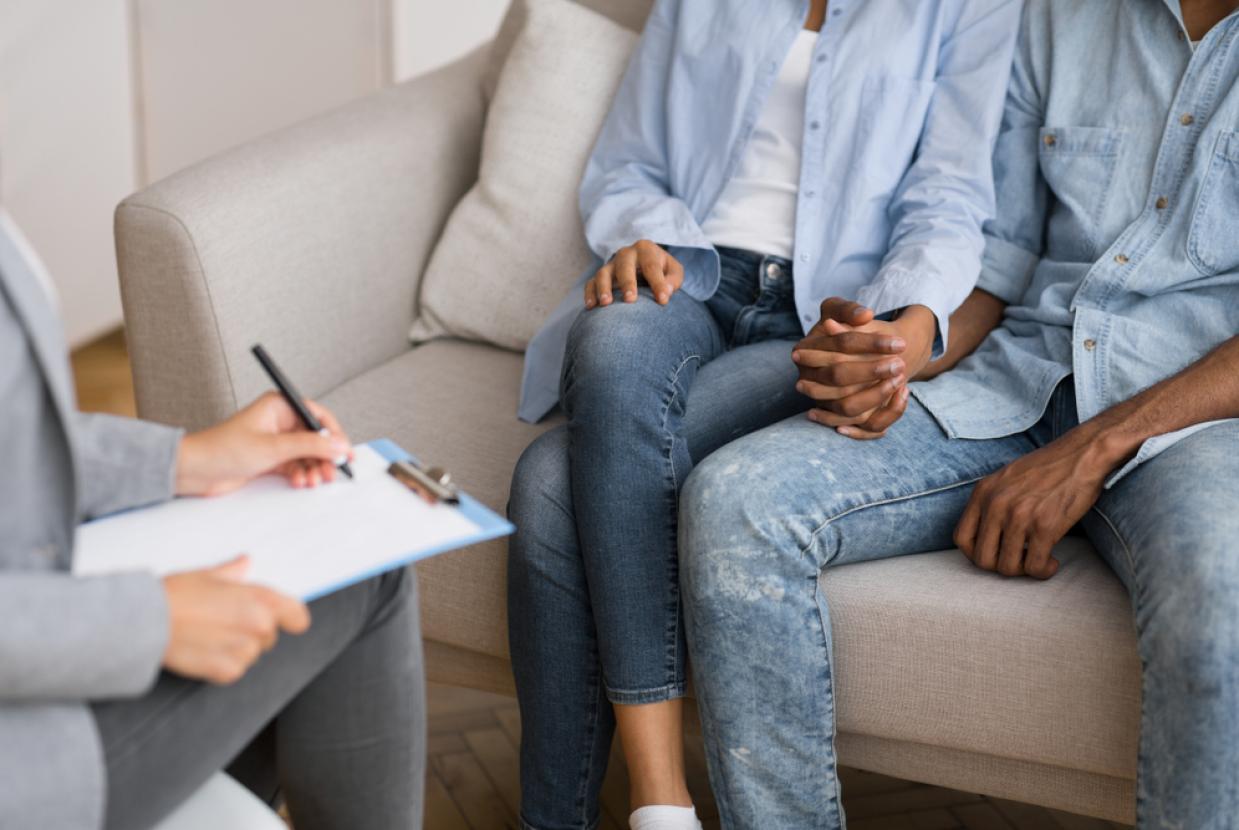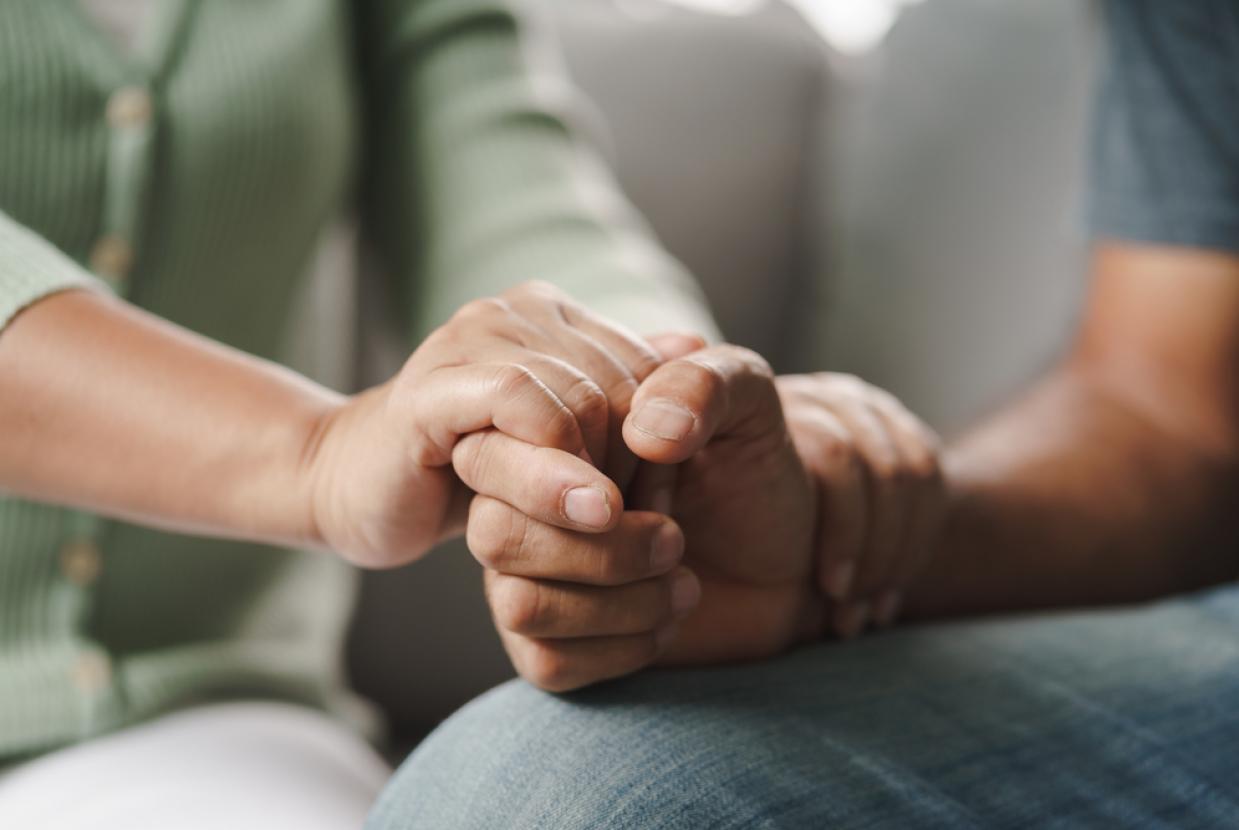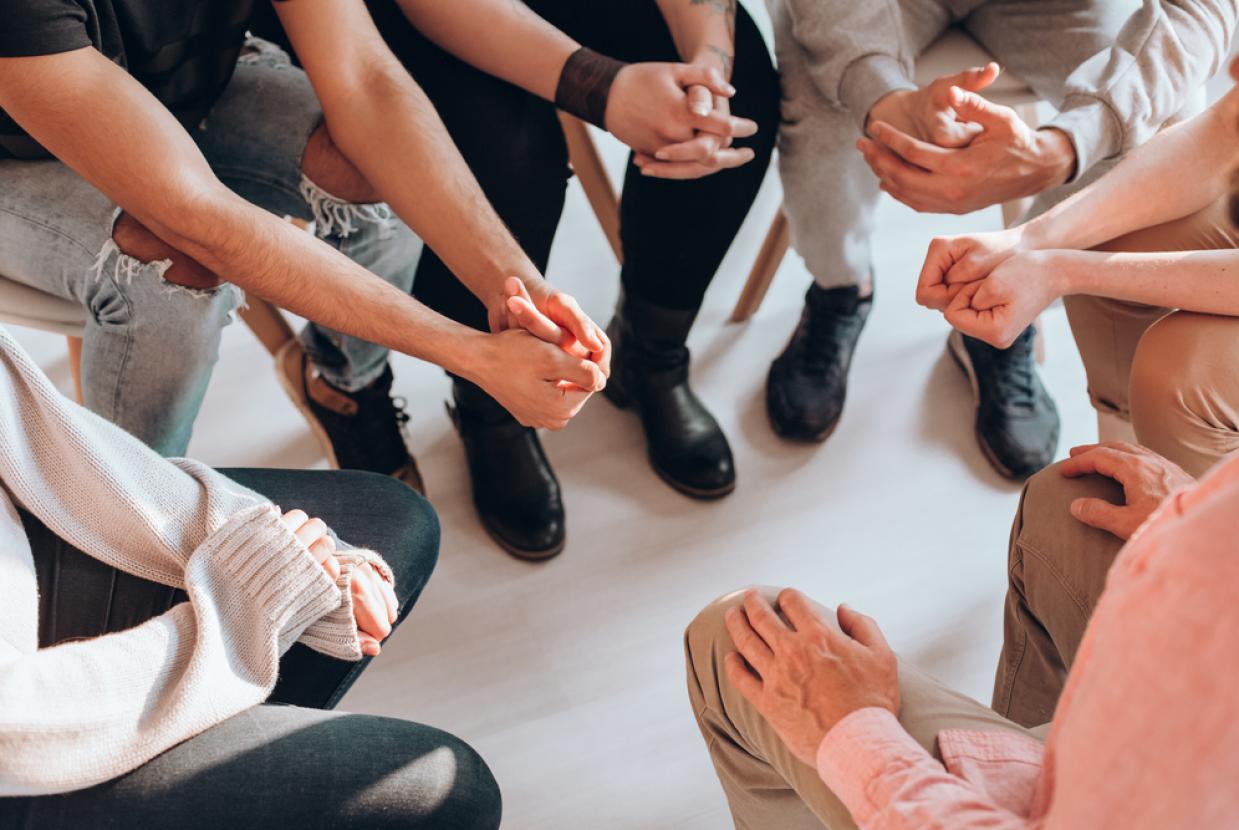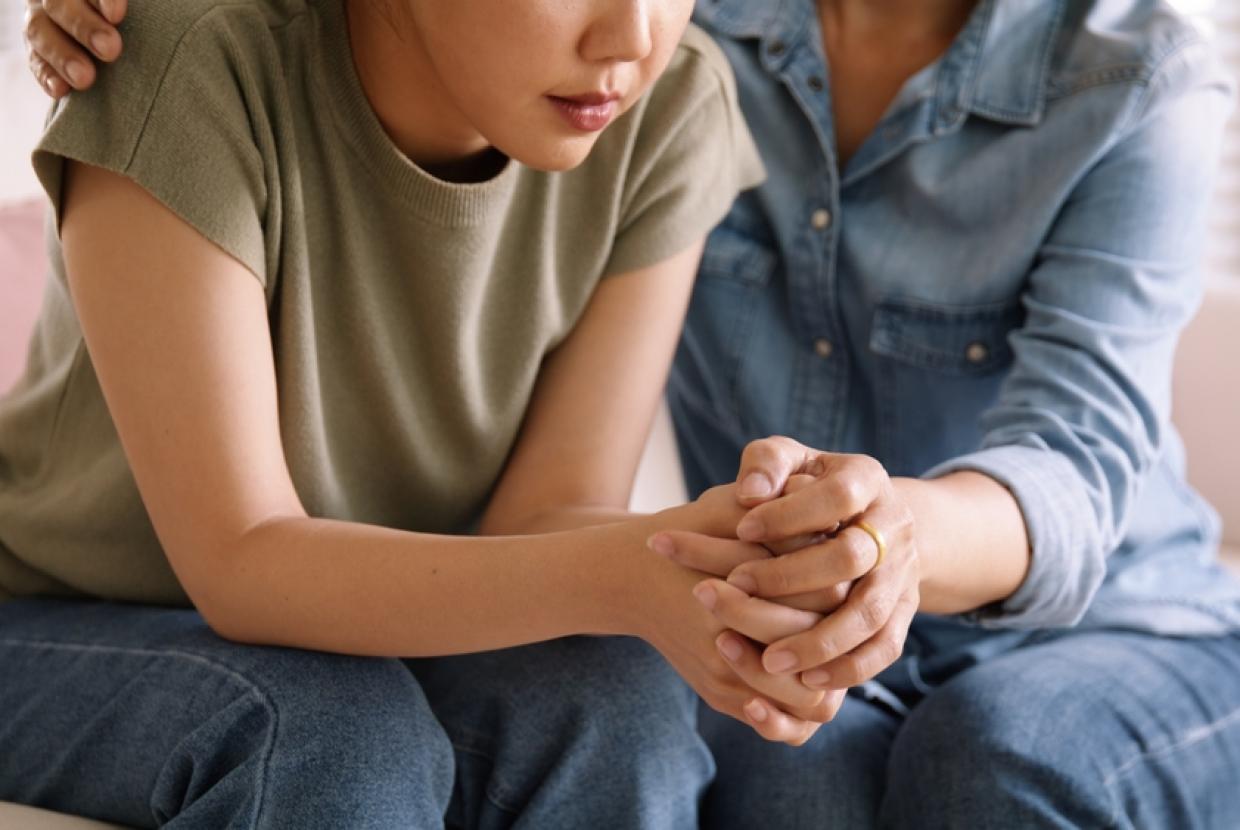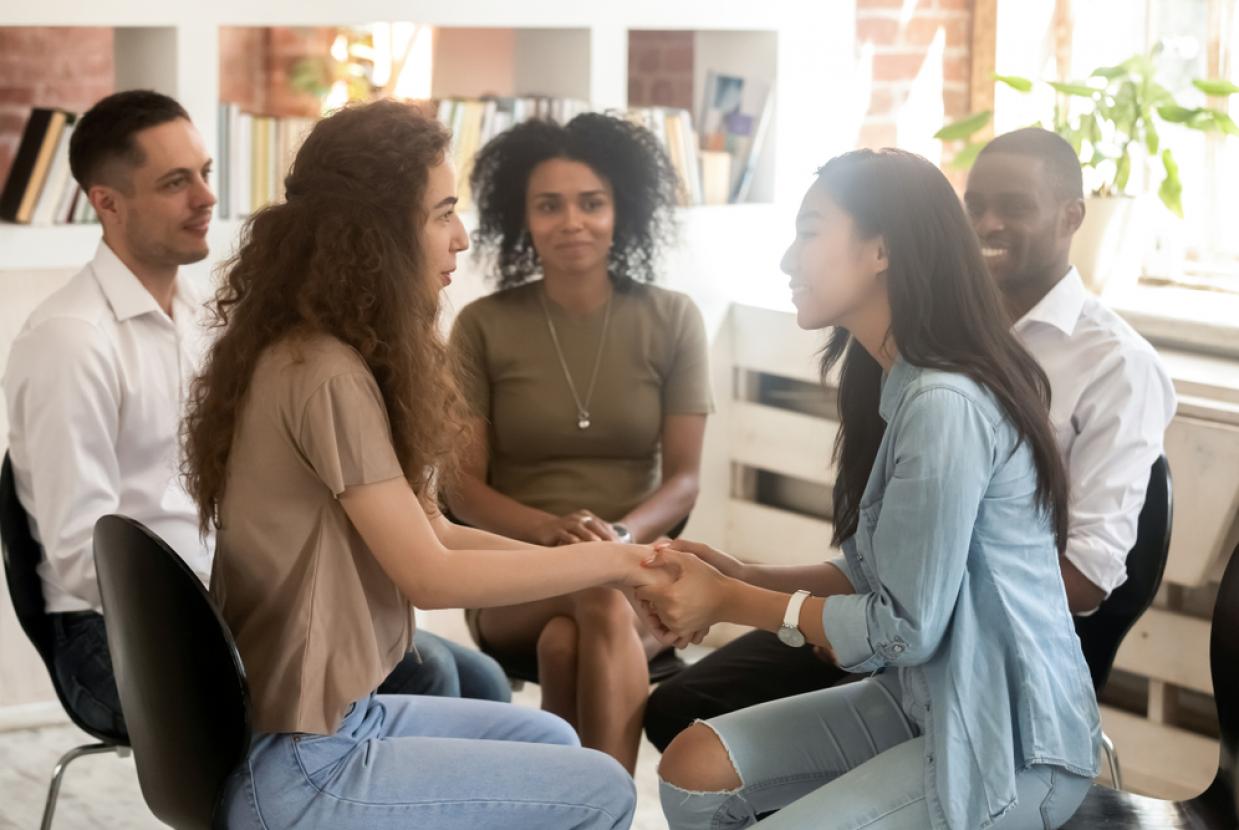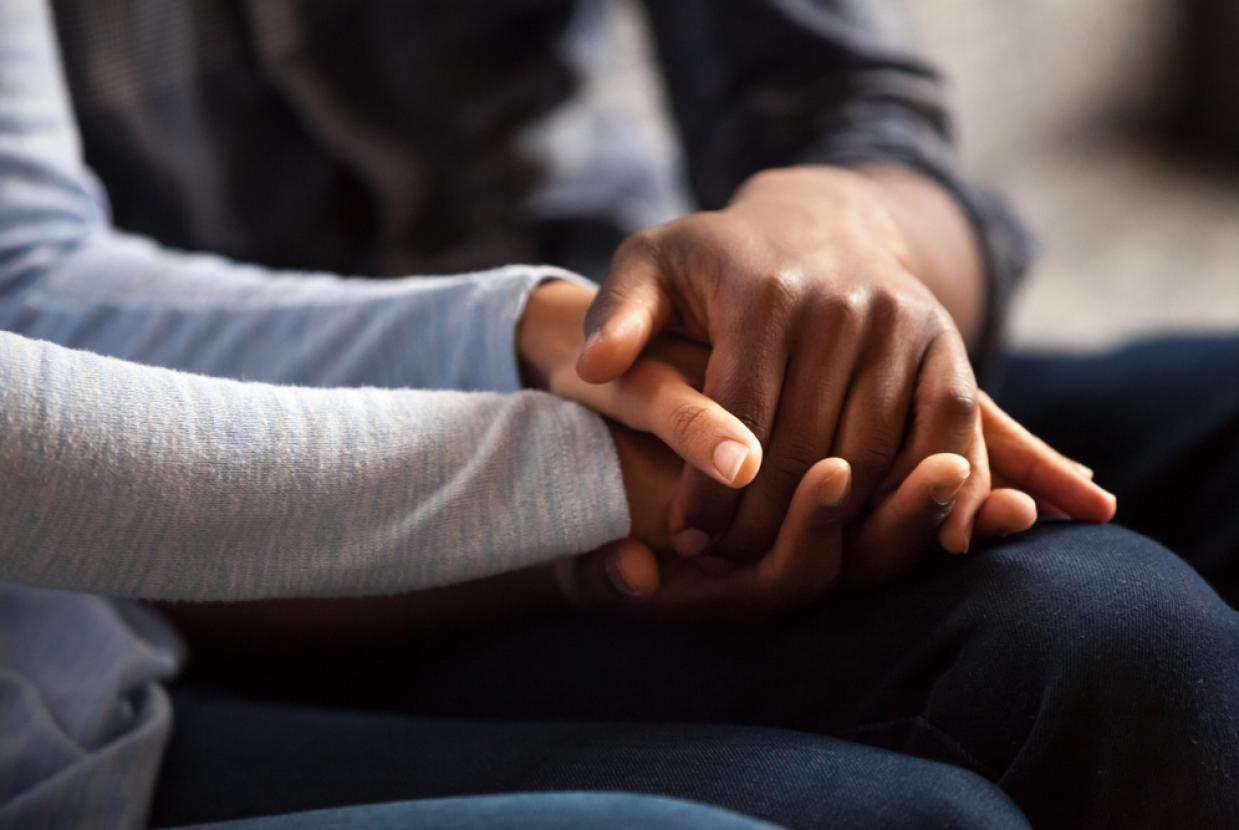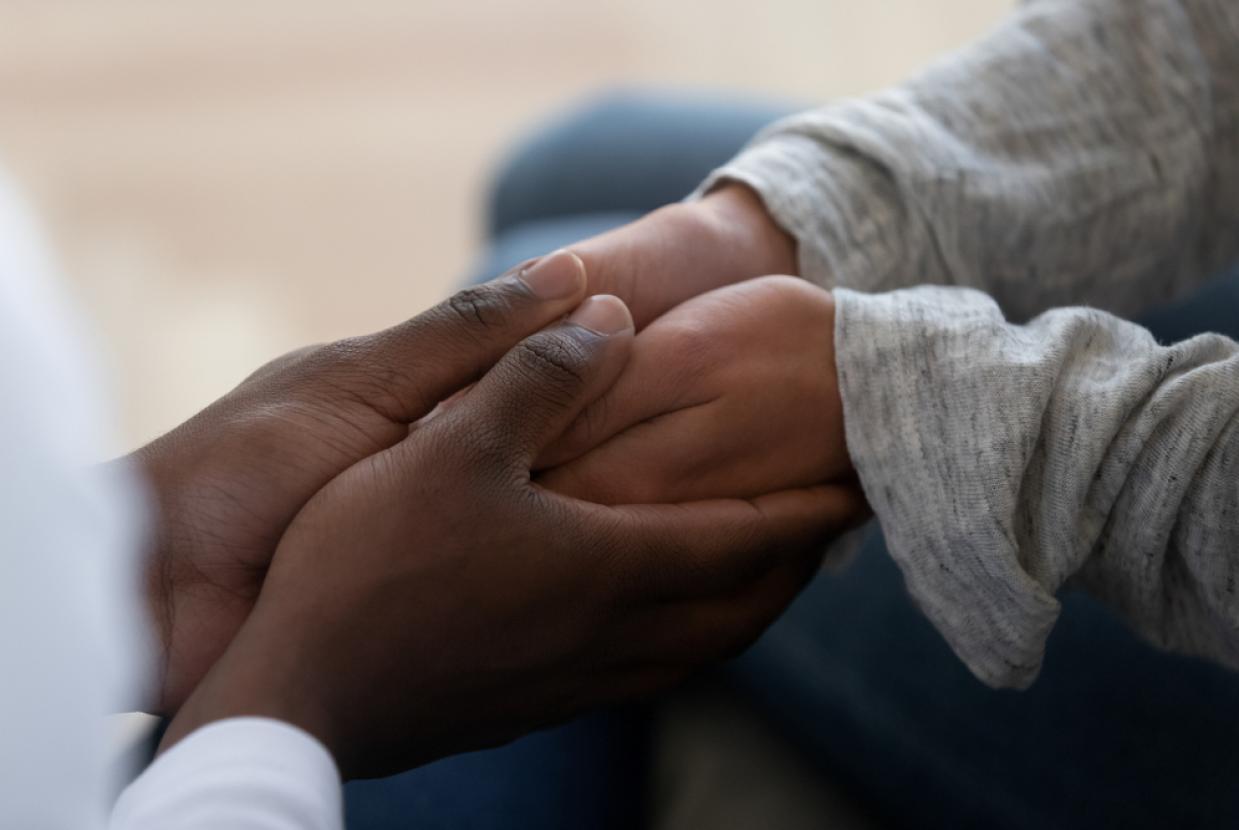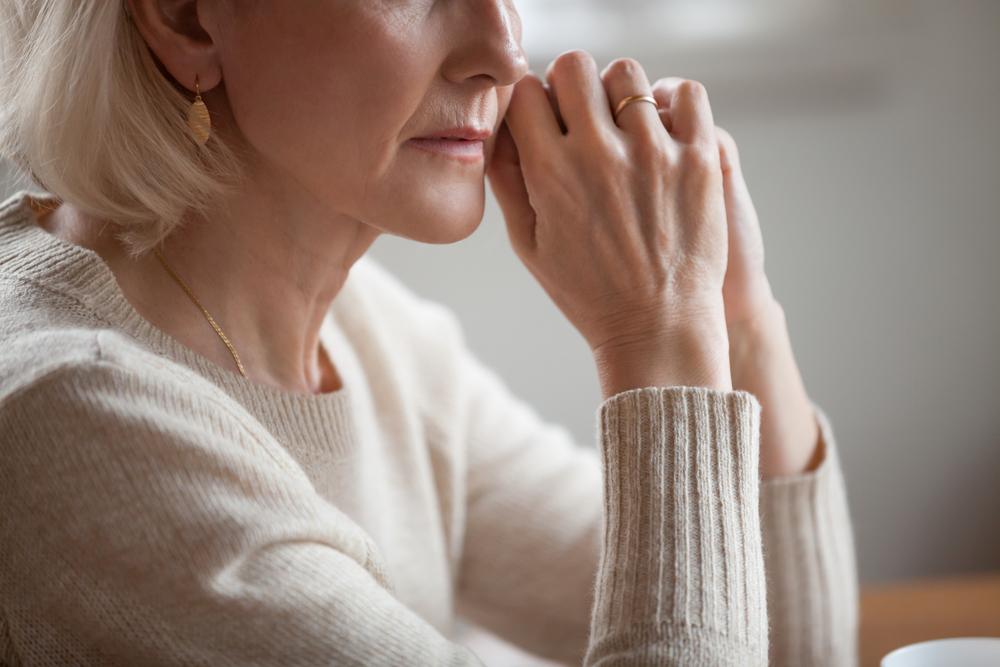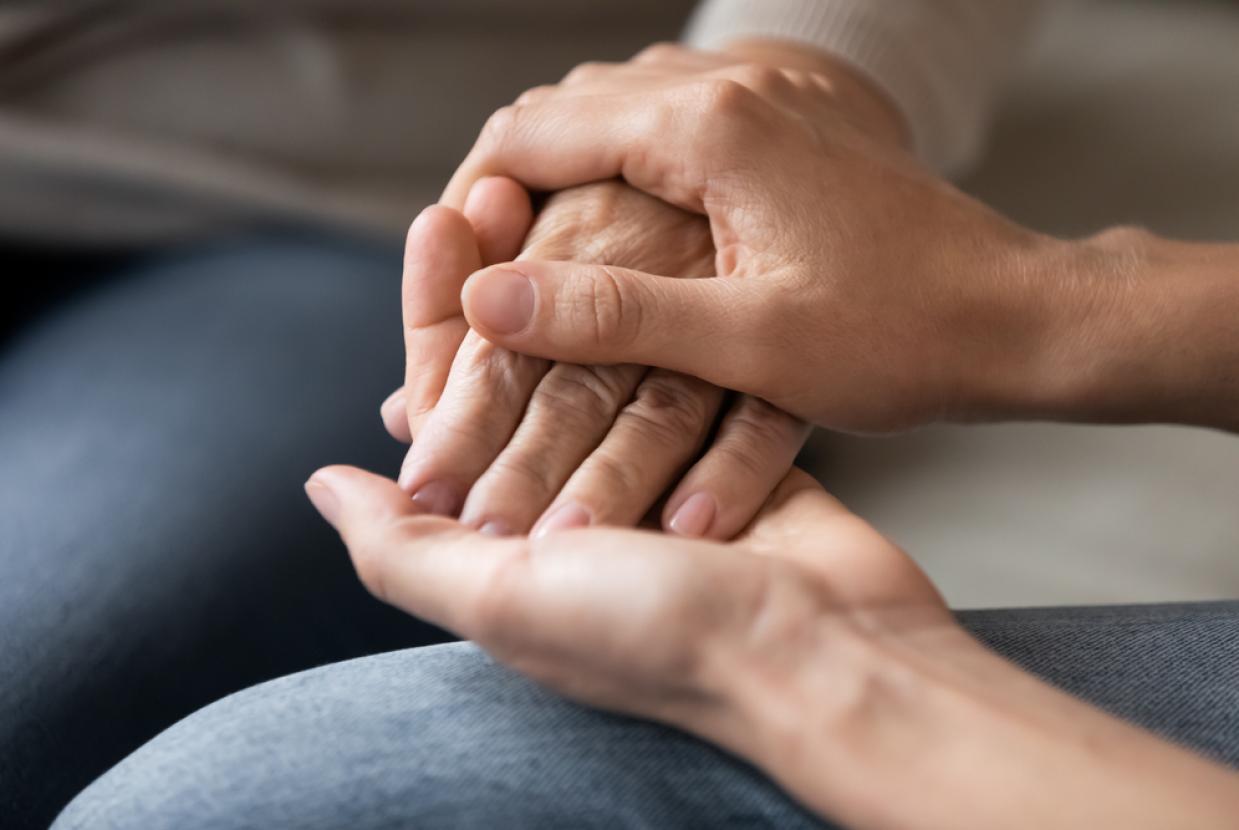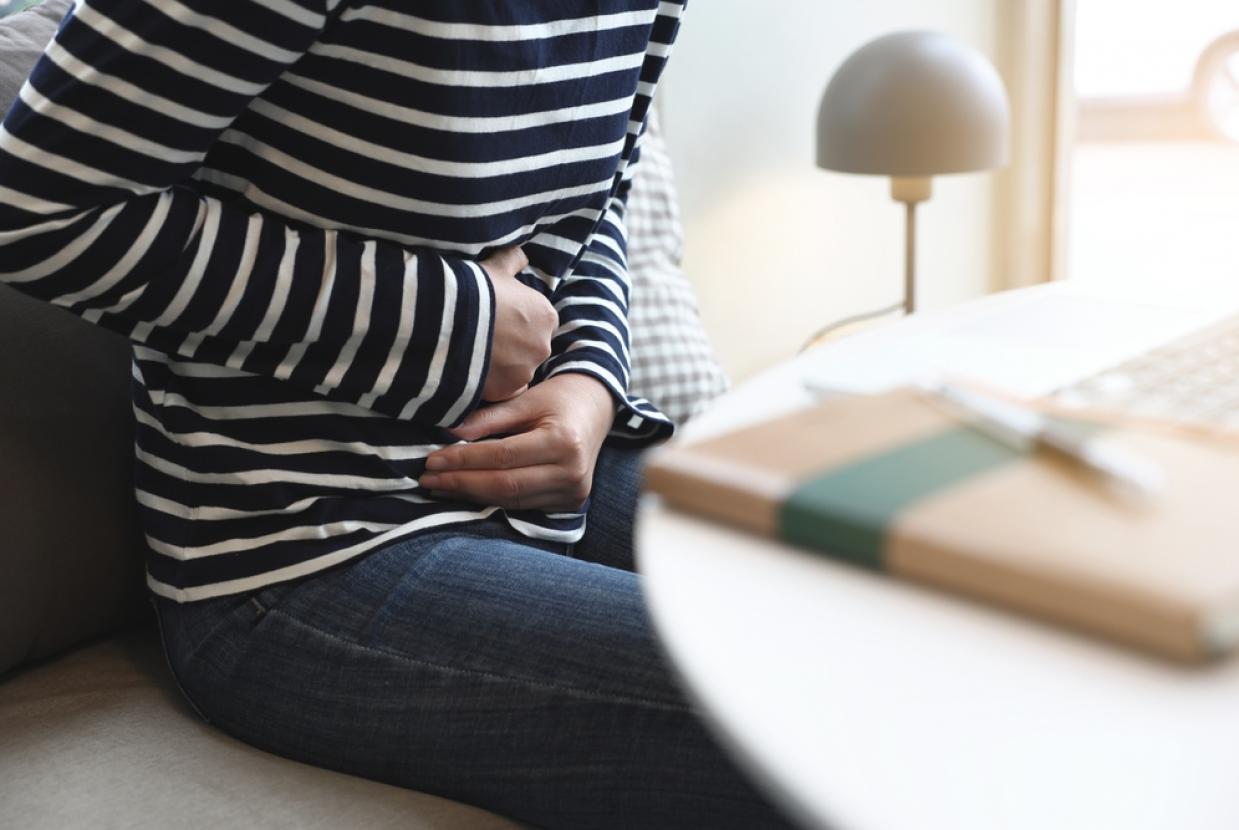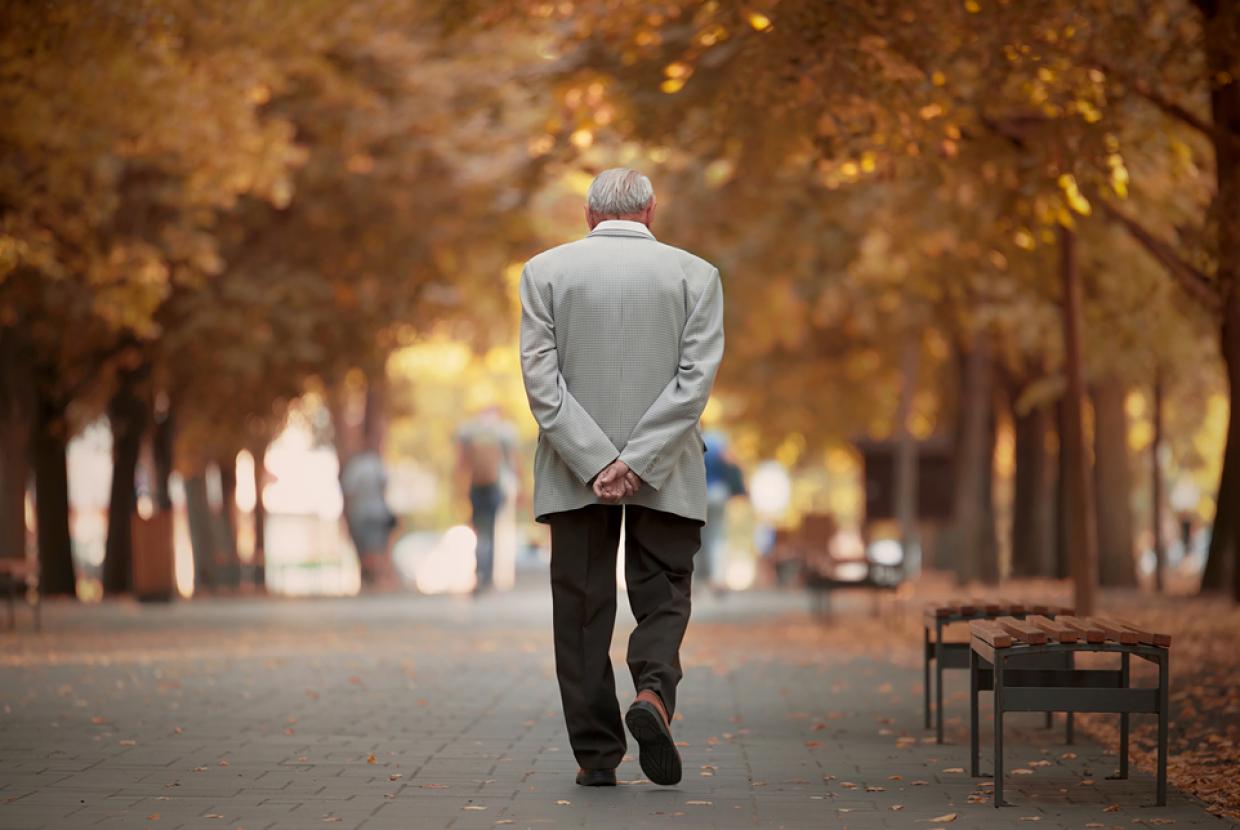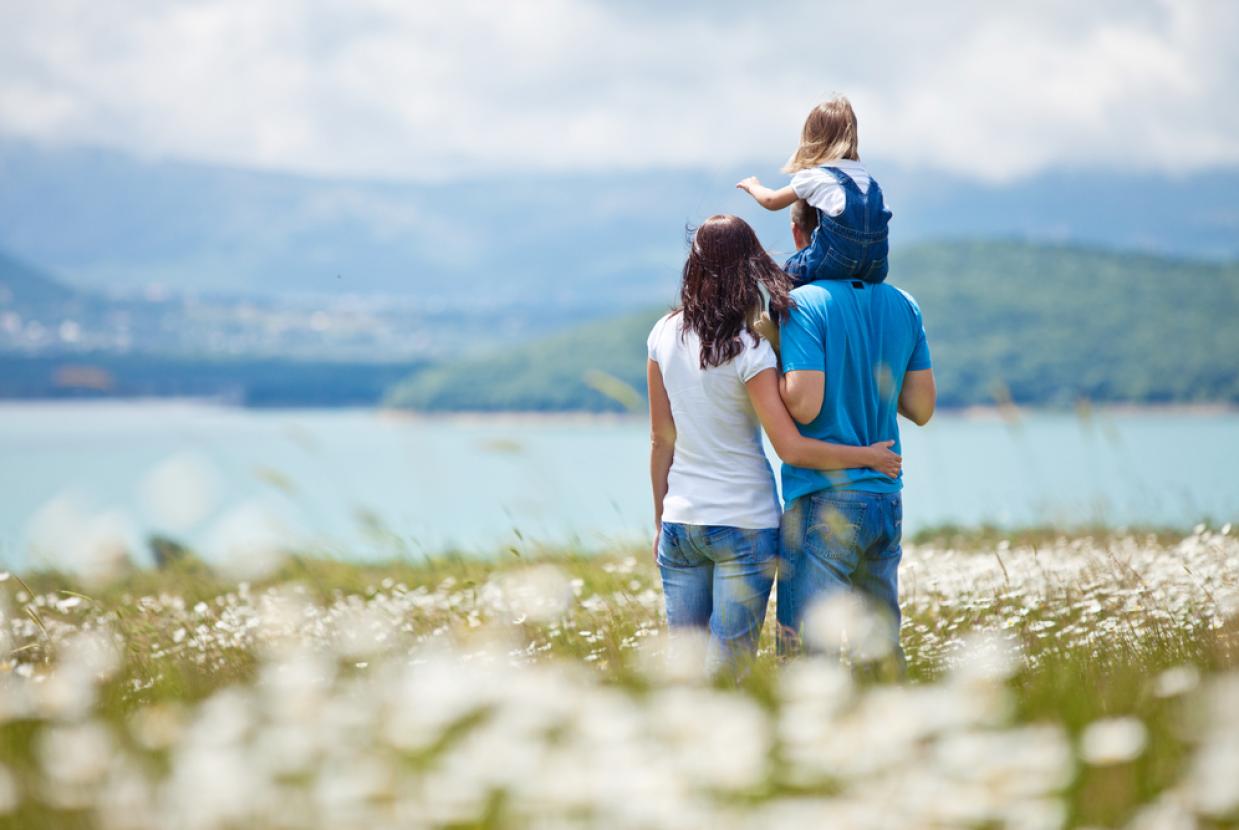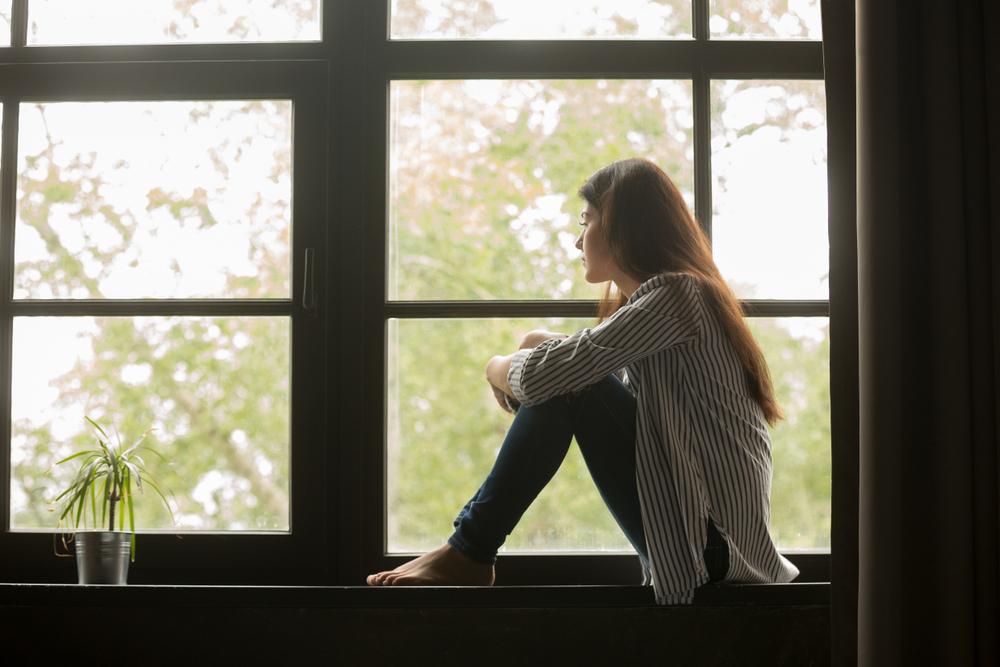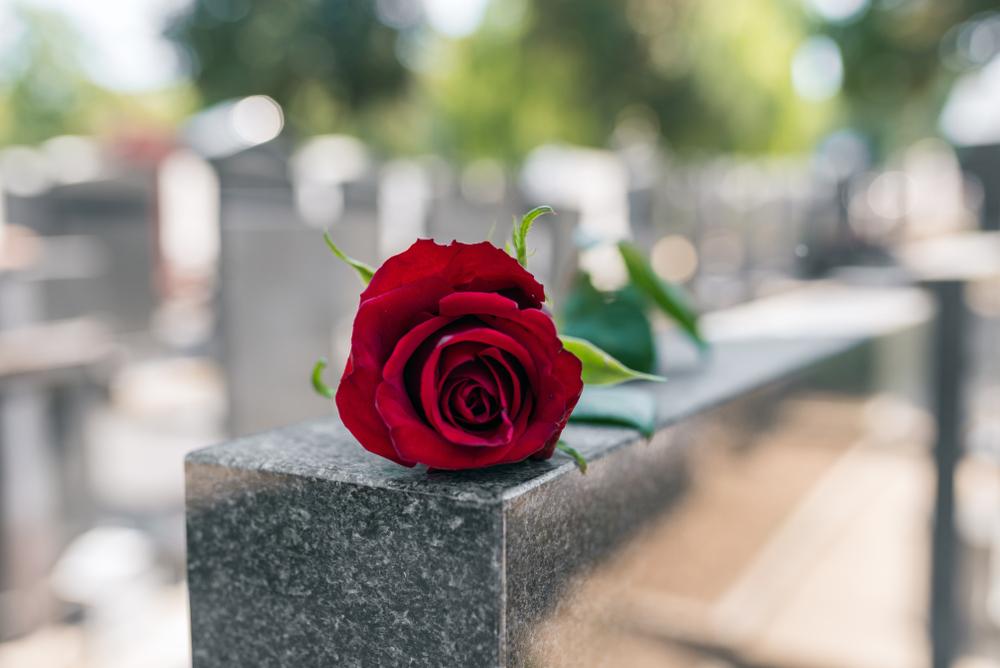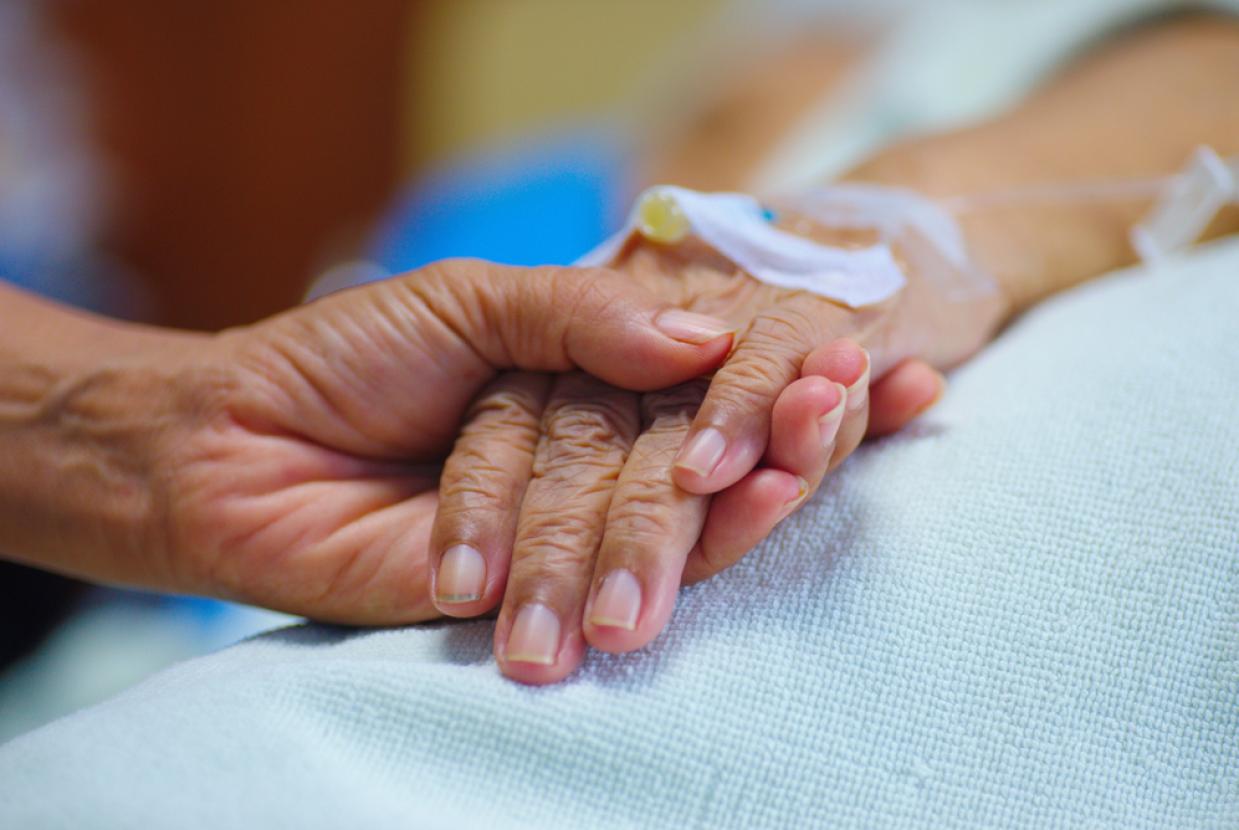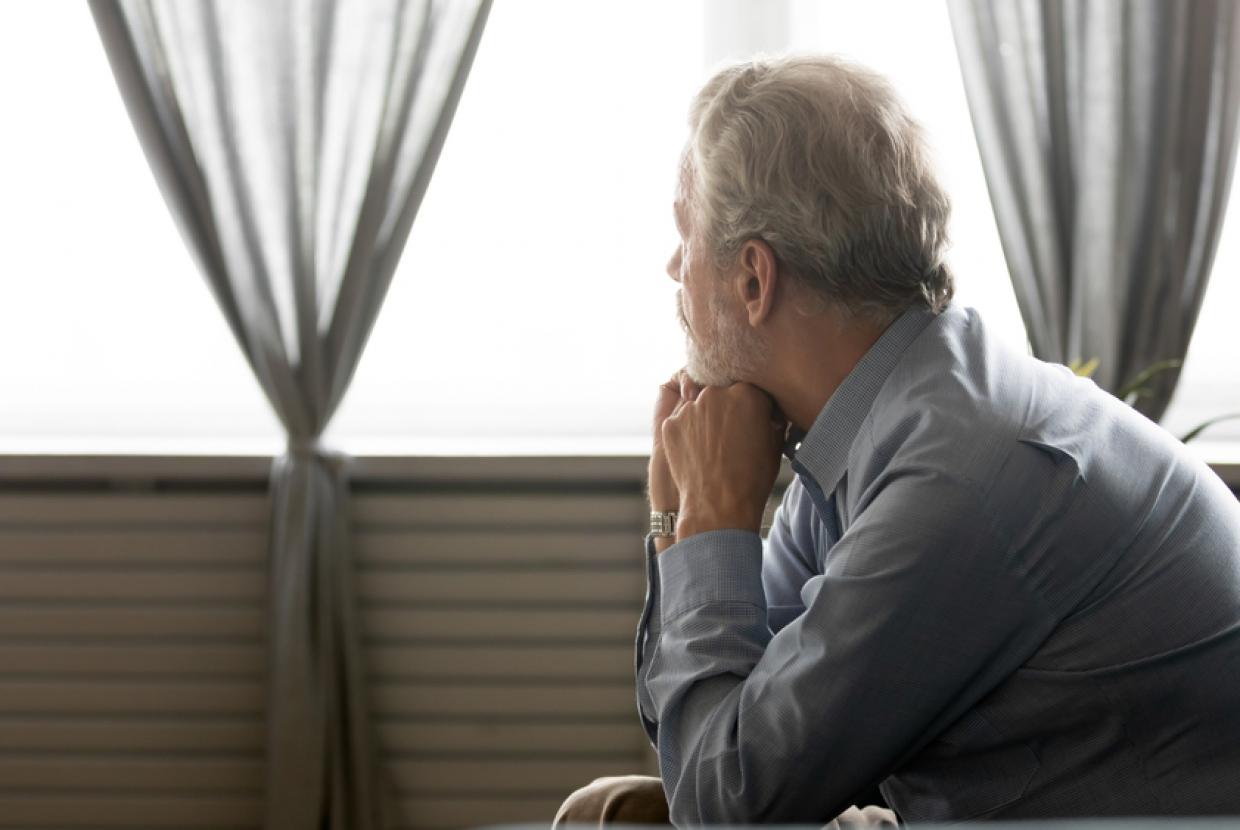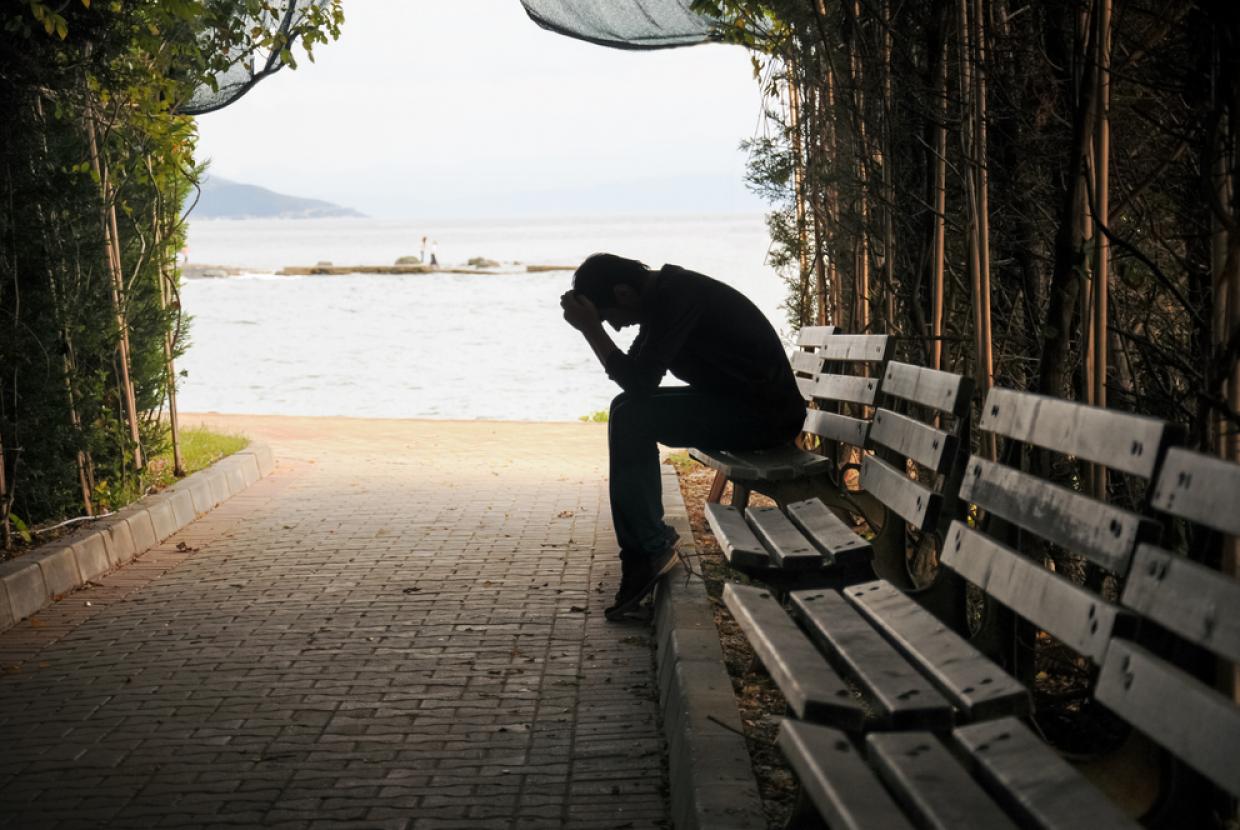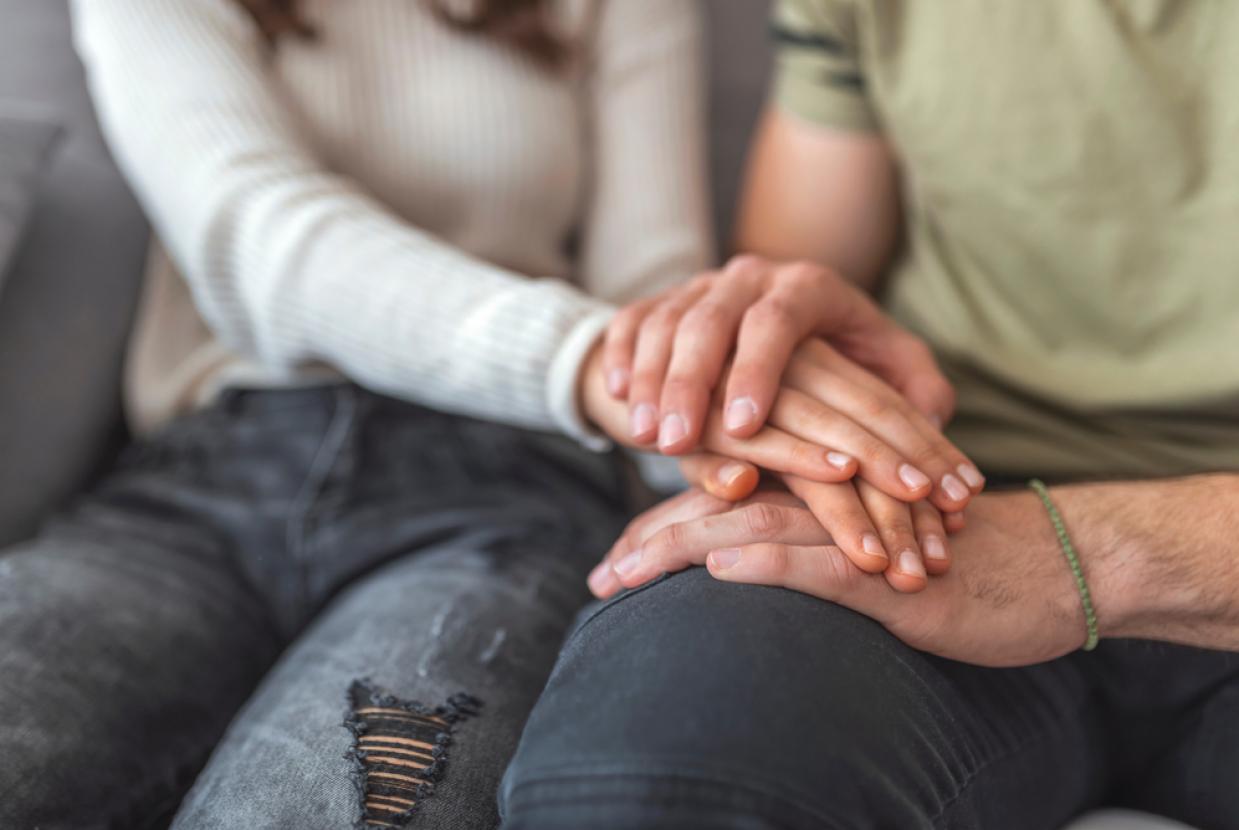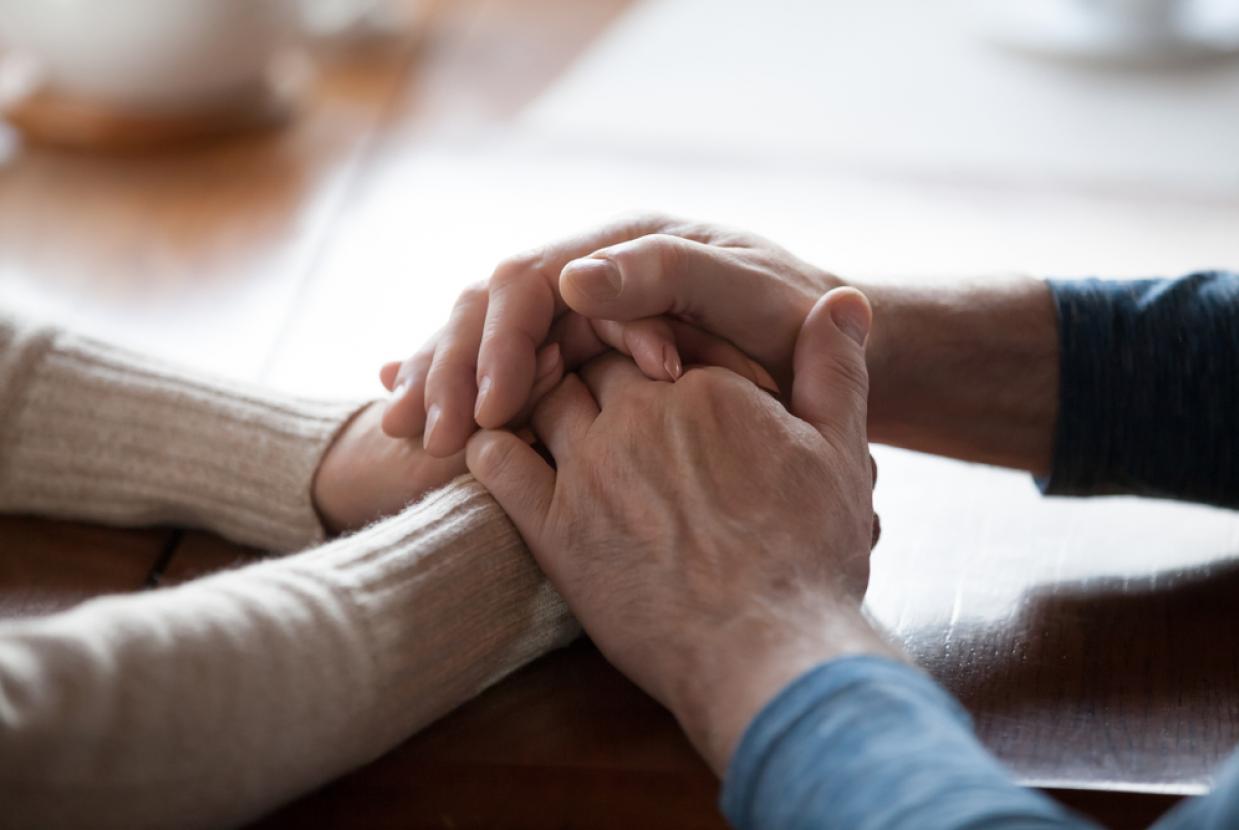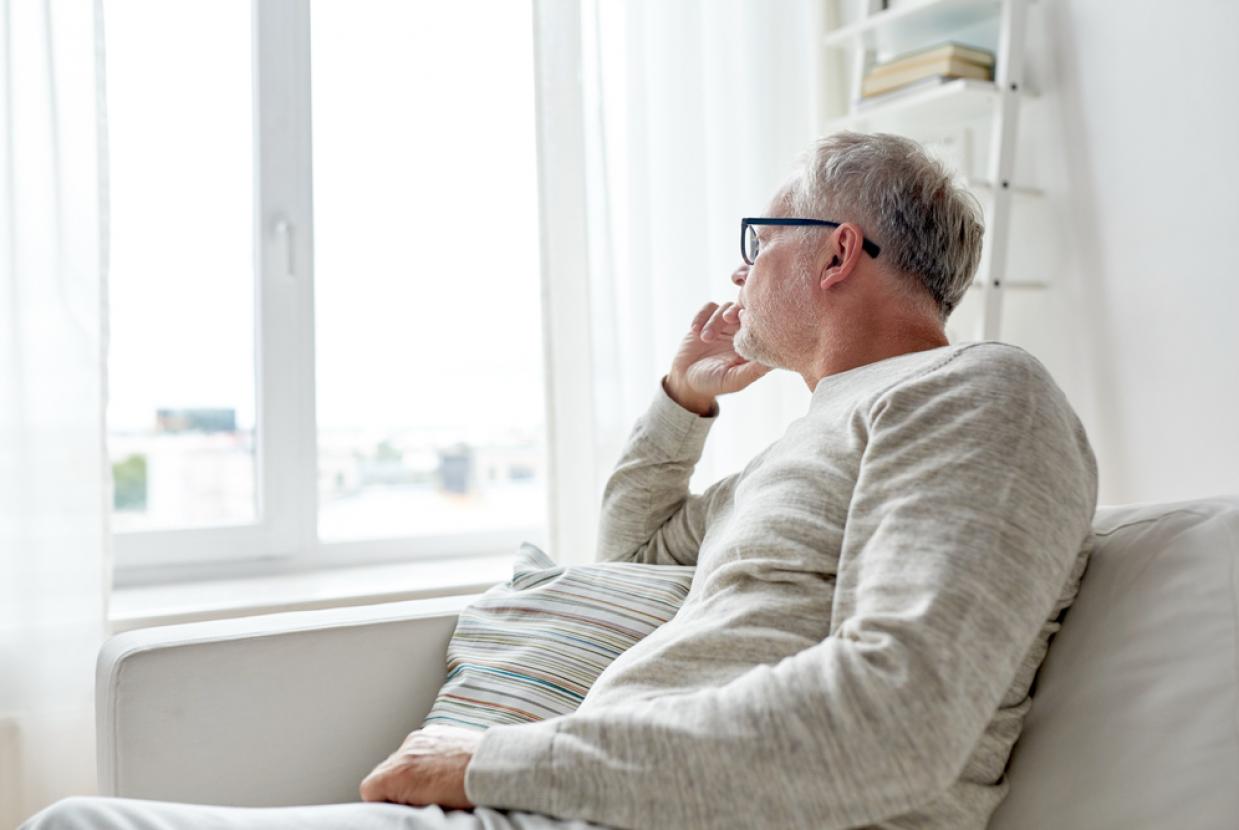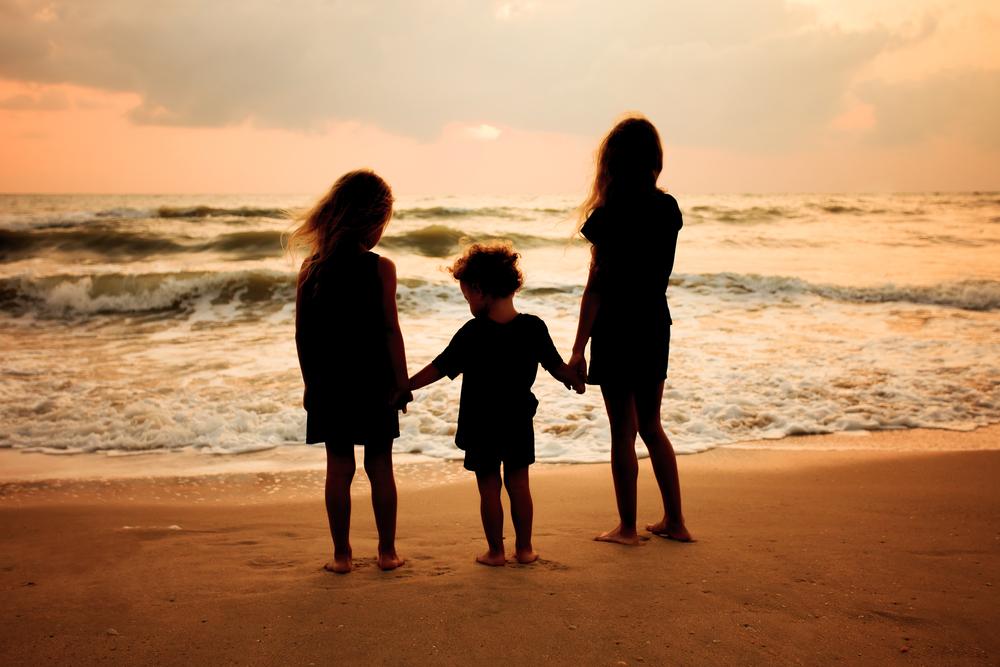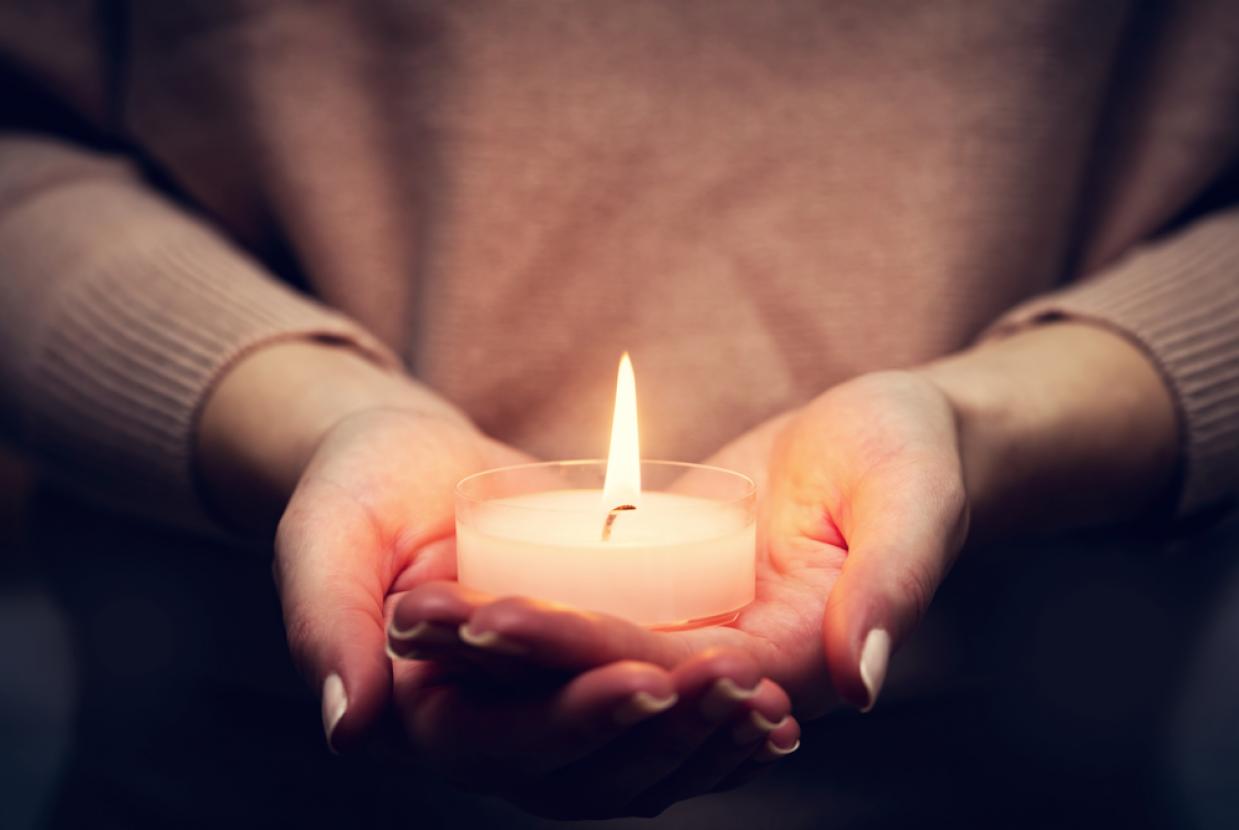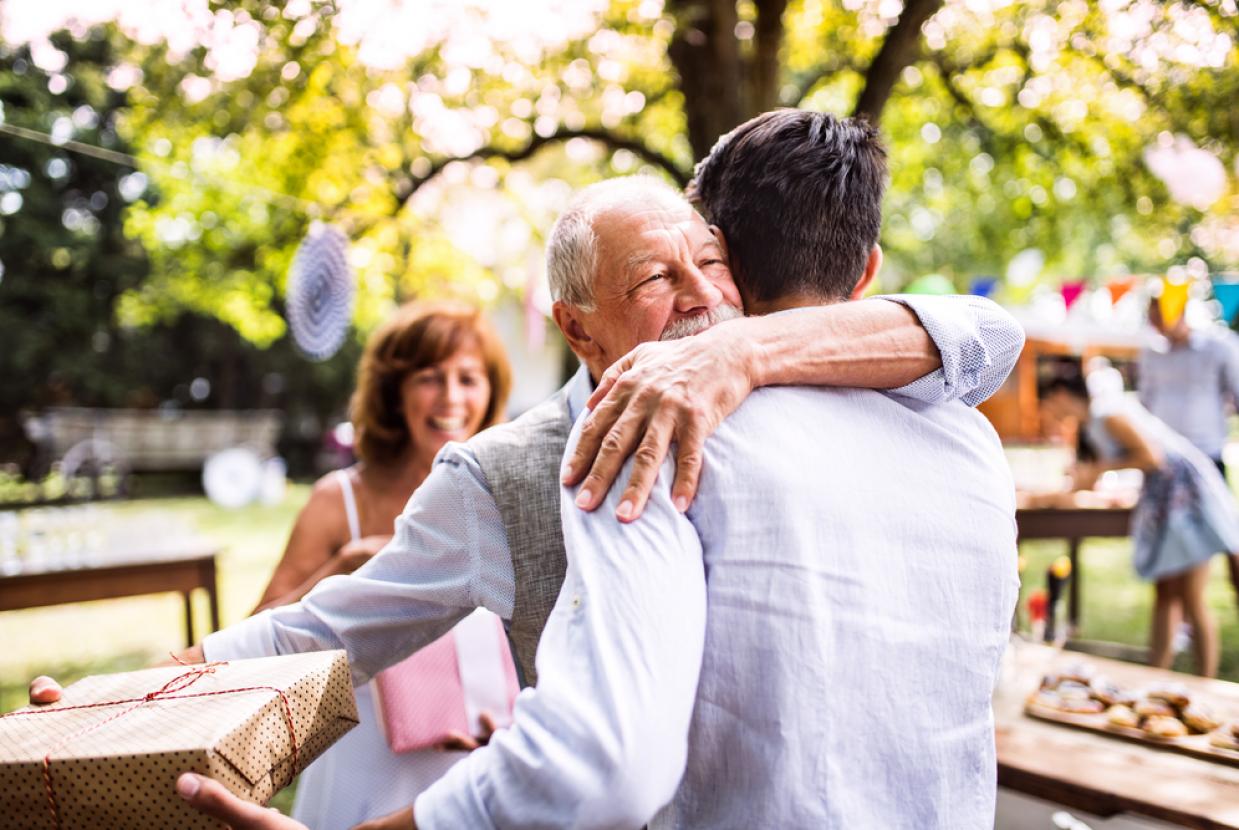Coronavirus: grieving and isolation
Coping with BereavementBeing bereaved can be one of the most lonely experiences you or someone you love may go through. During the coronavirus pandemic many people have had to spend time apart from friends and family and this can make greiving more difficult.
Talking, and being with friends and family, can be one of the most helpful ways to cope after someone close to us dies. Our advice to bereaved people is usually to avoid isolating yourself, but we are in a situation where remaining physcially isolated from others has been sadly necessary. Even in areas where restrictions are easing, many people are still cut off from their usual support. It can seem lonelier than ever if people around you are enjoying a return to some normal activities.
Feelings in isolationThis isolation can make feelings of loneliness and grief much more intense. It could mean having to stay by yourself in the same house you shared with the person who has died, bringing up painful reminders at every turn. You might have been isolated together with your family, and although this at times may be a support, at other times tensions and resentments can be magnified making it difficult to help each other. If your children and teenagers are still off school it can be difficult to keep them occupied and deal with your own emotions and fears at the same time.
Isolation can also make it harder to process grief. At times like this when there is a constant stream of new and distressing information, you can find yourself distracted from dealing with your grief. You might be worrying about the situation as a whole, or worrying about yourself or others.
Practical concerns and considerations may also come up. The person who died may have been a partner, parent or carer and you may have been left without practical or emotional support at a time when you need it most. Friends and relatives who might otherwise have been able to provide practical support, eg help with meals and shopping may also be isolating or preoccupied with their own family’s situation.
How you can help yourselfReach out. While you may feel alone (and in some cases are, physically) know that you don’t have to be alone with your grief. We are here for you – we have a helpline you can call (0808 808 1677). You can also call or text your friends and family. If you find some of them are not responding in the way you hoped this is often about their own fears and situation. Or they might be feeling helpless, as they know they can't fix your grief. It can help to explain what you need at this time – whether that is someone to call in the middle of the night or someone you can share funny stories about the person who has died with.
Look after yourself and get rest. This can sound obvious but at these times it is so easy to want to hide away. We are being encouraged to! But do try and get some fresh air or sunlight each day - even opening a window can help. If you are allowed, go for a walk or run, or do some excercise in your home - exercise can be really helpful. Try to keep to a regular routine of getting up and dressed and eating meals at the usual time, whether you are on your own or part of a family group. The structure will help, even if only a little.
Expect bad days and better days. You may find you have days when you have more energy and the grief isn’t as consuming - this is normal. Some people can feel guilty when this happens, but there is no need. It is all a normal part of grieving. Equally if you are really struggling that is also normal. Please don’t feel guilty or angry with yourself. It is a journey and we are here to help if you need us. You could also reach out to others who might also be finding it difficult, you may be able to help each other. Seek practical help from friends, family or neighbours.
Know that what you are feeling is normal. Bereavement can have some unexpected emotional and physical effects. Knowing that others are going through the same things may help, but if you are finding it impossible to cope, do reach out for help.
How you can help another personYou might have friends or family that have been bereaved a long time ago or just today. And you may not know how to best help and support them.
At this time of uncertainty and fear many people may struggle more than usual, but you can help them just by being you. Being the friend, partner, colleague, son they love is all you need to be. Being present with someone in their grief is not easy, but is one of the best gifts you can give to someone you care about.
Stay in contact more – ask whether they prefer phone, text or video call (if they have it). Let them talk about how they are feeling and about the person who has died – talking can be one of the most helpful things after someone dies. You may find this difficult but we are here to help you too. We have some advice on what to say and do.
You can also call our helpline and ask us specific questions about how you are feeling. If you’d rather not call, you can email. And remember that while you can't take someone's grief away, you can make them feel less alone.
How Cruse can help- Cruse is continuing to offer as much support as possible. We are extending the services we offer over the phone to help those who need to isolate.
- Our National Freephone Helpline remains open – call 0808 808 1677. Opening hours.
- There is a lot of information elsewhere on the website, including more on traumatic bereavement.
- Our Local Services will be moving towards telephone support for one-to-one sessions. Find the details of your Local Service.
- Top tips on grief and isolation.


